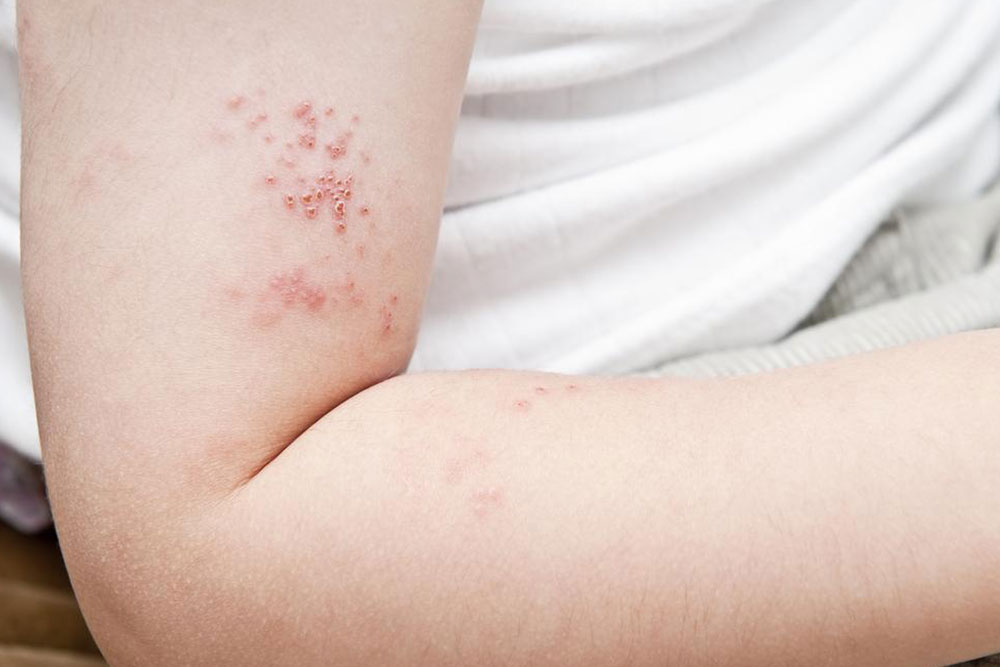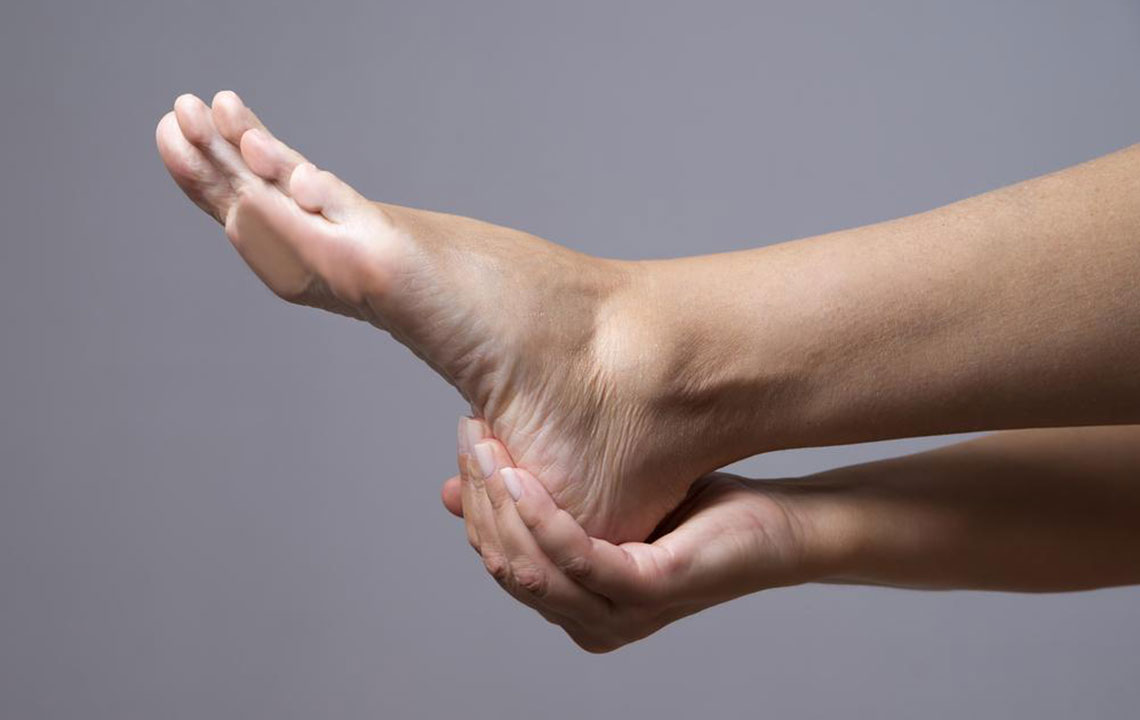Top Strategies for Managing Shingles Discomfort Effectively
Learn effective techniques to manage shingles pain, including natural remedies like aloe vera and essential oils, cold compresses, and medical treatments. Early intervention can alleviate discomfort and promote healing, especially for those over 50 at risk of post-herpetic neuralgia. Consulting healthcare professionals is crucial for persistent symptoms and personalized care.

Shingles, also called herpes zoster, affects nearly one-third of Americans, causing painful skin rashes that usually form a band or localized spot on one side of the face or body. This condition results from the reactivation of the varicella zoster virus, which also causes chickenpox. After recovery from childhood chickenpox, the dormant virus can reactivate later in life, especially with weakened immunity, medication responses, or aging influences.
The reactivated virus travels along nerve pathways, leading to rashes and nerve pain known as shingles. Post-herpetic neuralgia (PHN) may occur if nerve damage persists beyond three months after rash healing, often affecting individuals over 50. Persistent PHN requires medical intervention promptly.
Initial symptoms resemble flu, including chills and stomach upset, without fever. Tingling, numbness, and burning sensations occur in affected nerves. Rashes develop as blisters in a band pattern, accompanied by itching and soreness, healing over 2–4 weeks with possible scarring. Pain can linger even after rash resolution.
Effective pain management strategies include natural remedies like aloe vera mixed with cayenne pepper, which provides instant relief and aids healing. Eucalyptus and lemon oils can be massaged or added to baths for nerve pain relief. Cold compresses help soothe discomfort but avoid ice packs that may worsen itching. In severe cases, consulting a doctor for painkillers or antiviral drugs is recommended, especially if pain persists beyond three months. Additional therapies such as acupuncture, biofeedback, electrical nerve stimulation, and psychological treatments can also assist in pain control. Consulting specialists ensures tailored pain management plans.
Note: Always seek professional advice for persistent or severe shingles symptoms. The information provided aims to inform but is not a substitute for medical consultation.










